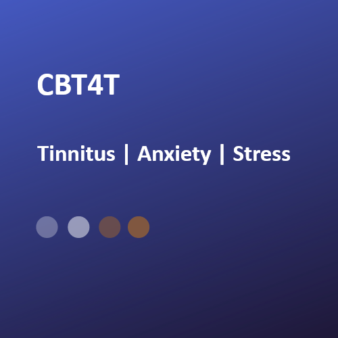Perceived Stress Scale - PSS
Reference: Adapted from the PSS, State of New Hampshire Employee Assistance Program
The Perceived Stress Scale is a classic stress assessment instrument. The tool, while originally developed in 1983, remains a popular choice for helping us understand how different situations affect our feelings and our perceived stress. The questions in this scale ask about your feelings and thoughts during the last month. In each case, you will be asked to indicate how often you felt or thought a certain way. Although some of the questions are similar, there are differences between them and you should treat each one as a separate question. The best approach is to answer fairly quickly. That is, don't try to count up the number of times you felt a particular way; rather indicate the answer that seems like a reasonable estimate.
Individual scores on the PSS can range from 0 to 40 with higher scores indicating higher perceived stress:
- Scores 0-13 are considered as low stress
- Scores 14-26 are considered as moderate stress
- Scores 27-40 are considered as high stress
(Items 4, 5, 7 & 8 are reverse scored)
The Perceived Stress Scale is interesting and important because your perception of what is happening in your life is most important. Consider the idea that two individuals could have the exact same events and experiences in their lives for the past month. Depending on their perception, total score could put one of those individuals in the low stress category and the total score could put the second person in the high stress category.
